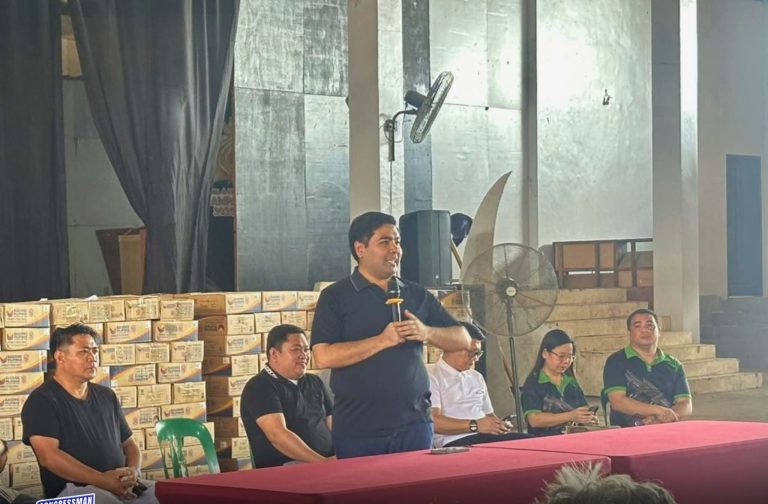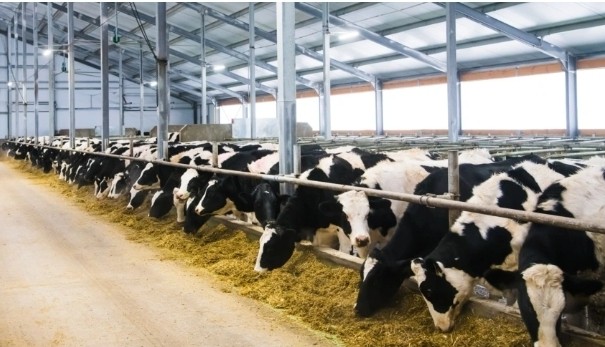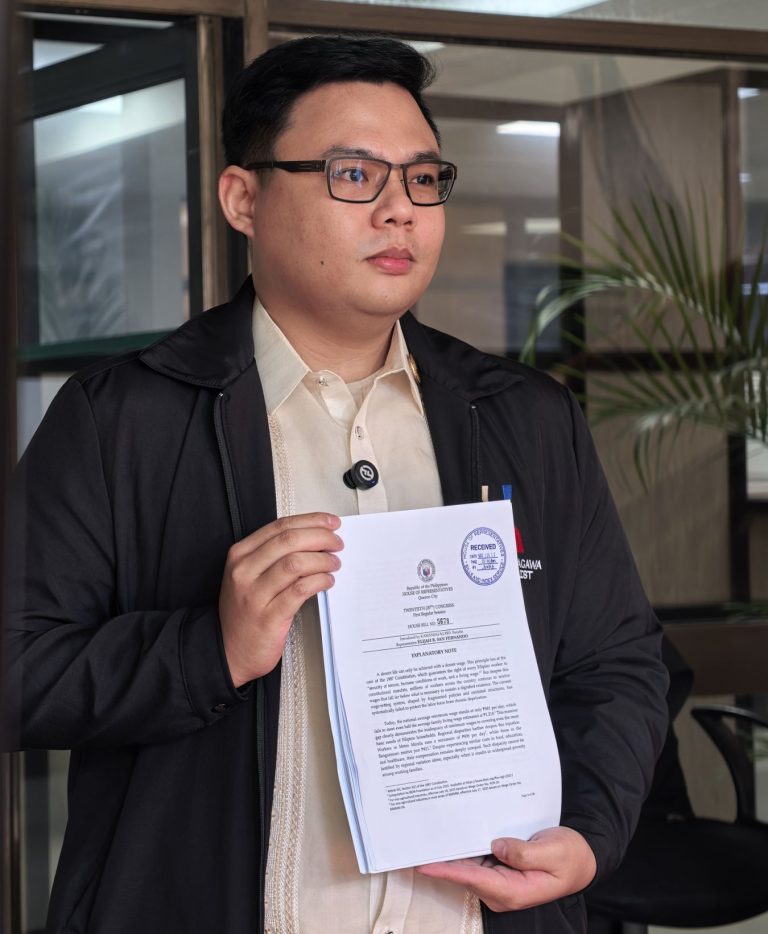
SENATOR Francis “Kiko” Pangilinan took a step forward in finalizing the committee report that will be instrumental in the passage of his proposed Senate Bill No. 1199, or the Congressional Commission on Agriculture, Fisheries and Food Security (AGRICOM) Act.
During the Senate Committee on Agriculture, Food, and Agrarian Reform’s public hearing on Wednesday, October 22, the Senator made note of several recommendations from Federation of Free Farmers National Manager Raul Montemayor on the establishment of the AGRICOM.
This came after Montemayor proposed connecting the AGRICOM to the National Agriculture and Fisheries (NAF) Council. He described the NAF Council as the platform used by the private sector, the Department of Agriculture (DA), and other government agencies to assess the agriculture sector’s performance, revise budgets, and recommend strategies for improvement.
Pangilinan filed Senate Bill No. 1199 in August to address the long-standing issues plaguing the Philippines’ agricultural sector, which is hindered by a fragmented and uncoordinated system despite numerous existing laws and policies.
According to his bill, the AGRICOM aims to provide “cohesive solutions” by being the “central, independent body” to:
a) Conduct a comprehensive review and assessment of all existing programs and policies for agriculture and fisheries;
b) Create a more efficient and integrated framework by identifying gaps and redundancies;
c) Develop targeted, measurable, and time-bound policy recommendations to increase productivity, global competitiveness and capacity building for the agricultural sector; and
d) Report the findings to the public
The Senator’s call for the establishment of AGRICOM comes alongside a poll released by the Social Weather Stations (SWS) showing that controlling the prices of basic goods and services is the top concern among respondents.
The survey, commissioned by Stratbase Group, took note that the issue of high food prices “resonated most strongly” in the Visayas and Mindanao.
The establishment of AGRICOM will enhance government efficiency, assist agencies in balancing mandates, and target support for agriculture, addressing long-standing issues hindering the sector’s growth and stability.





